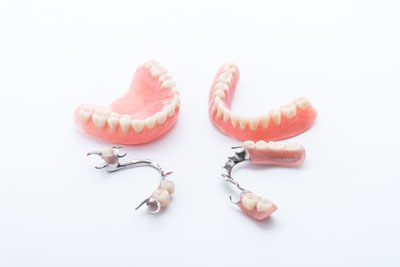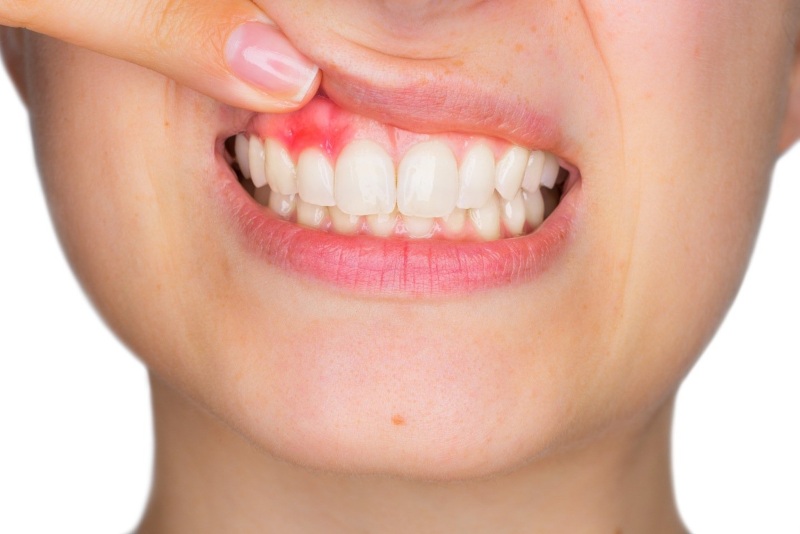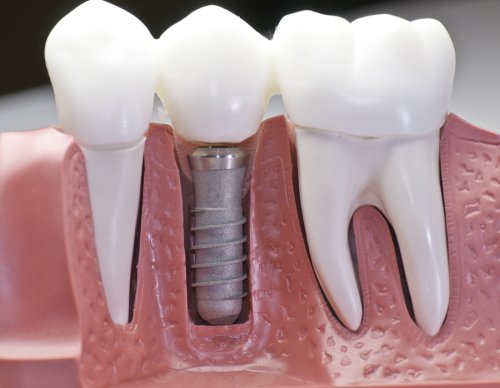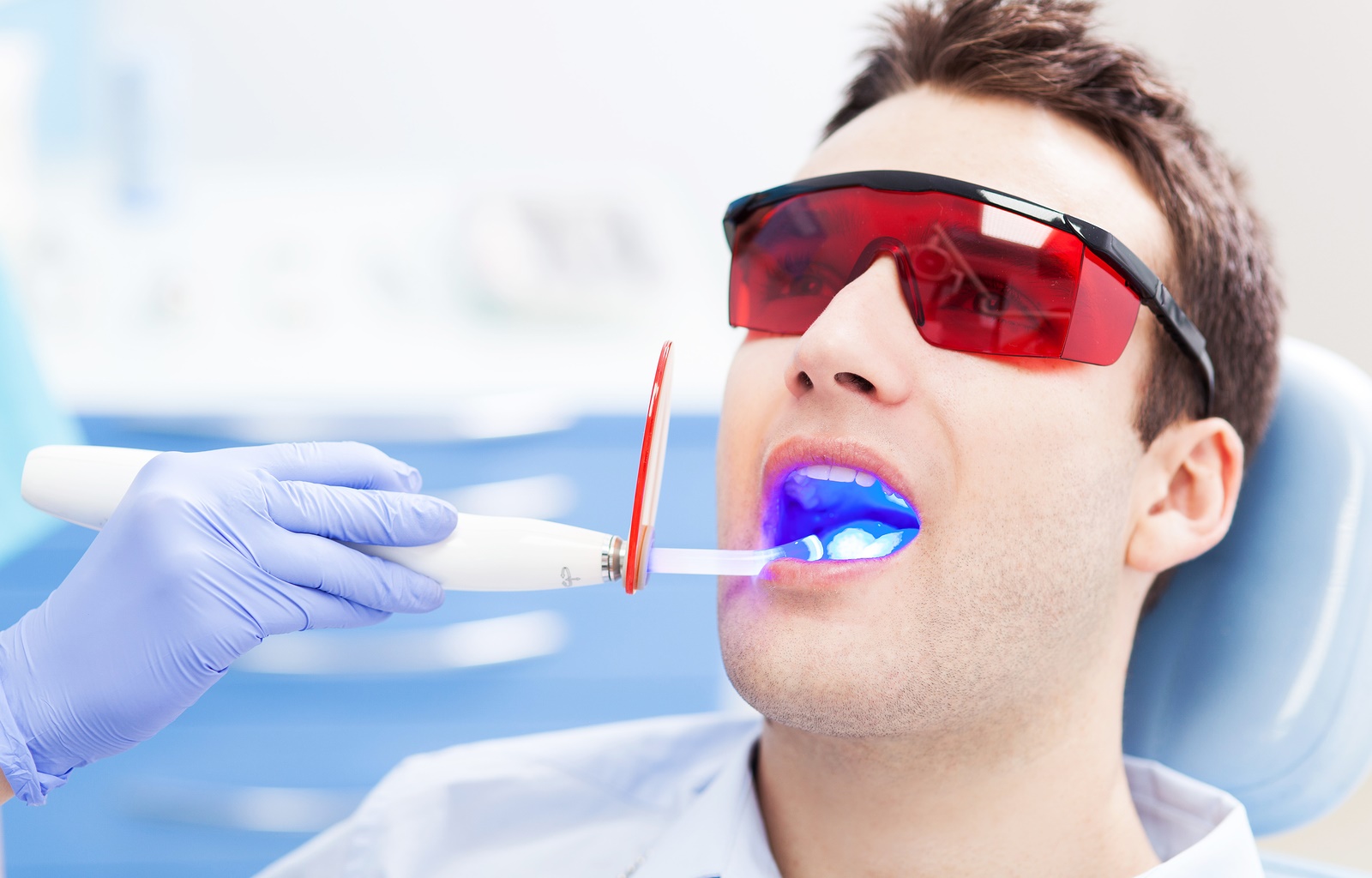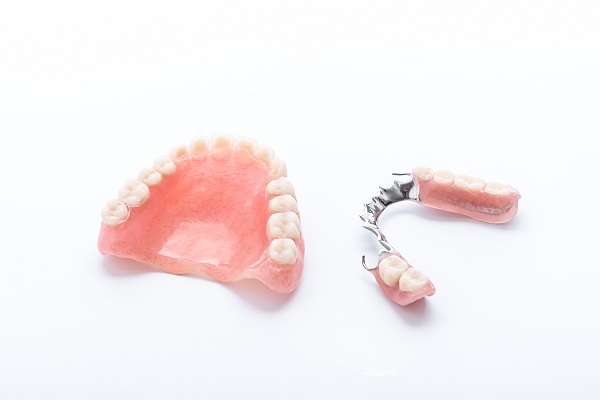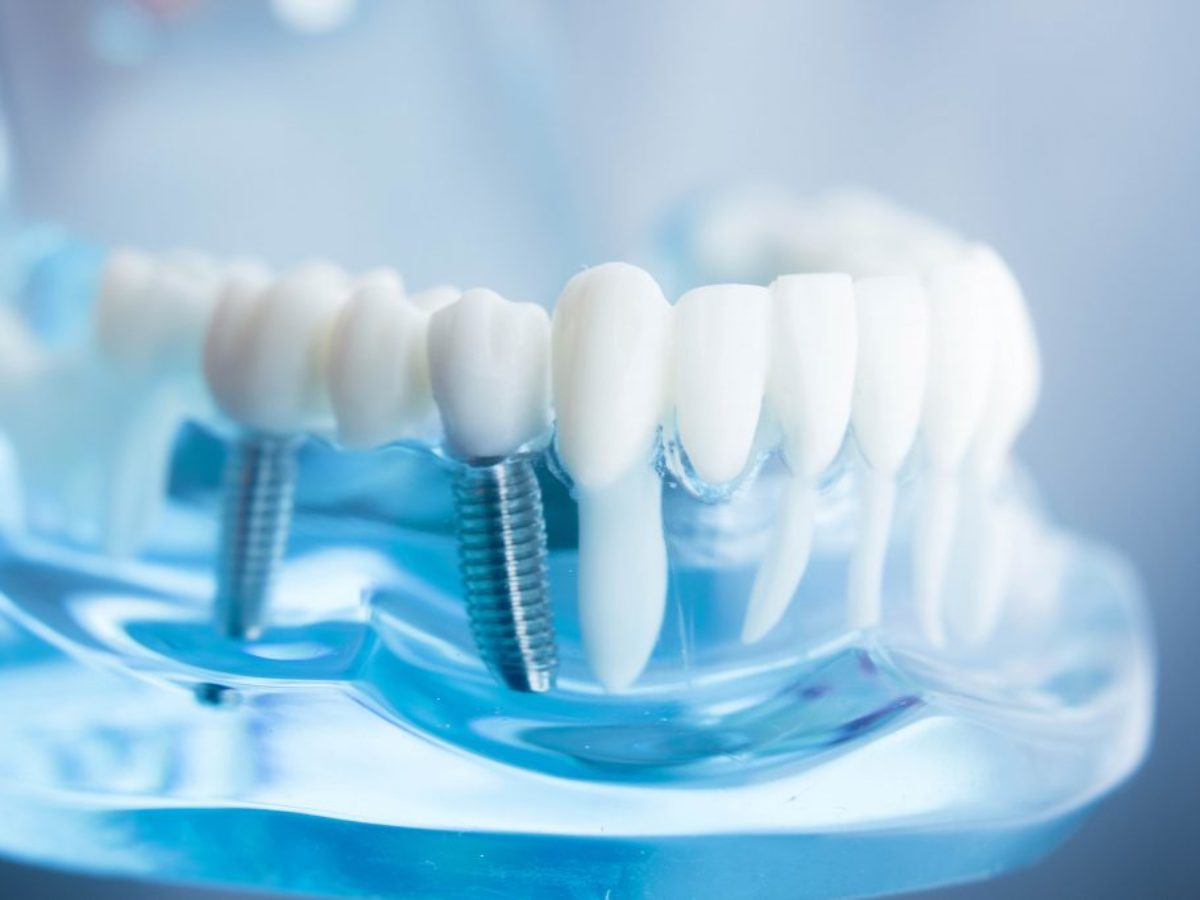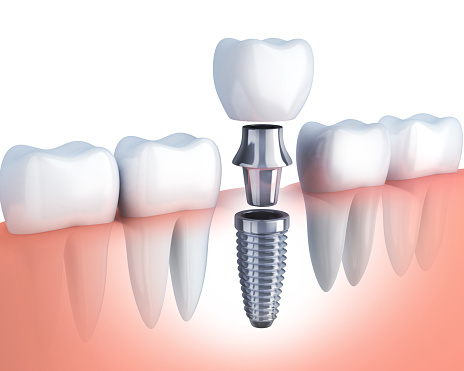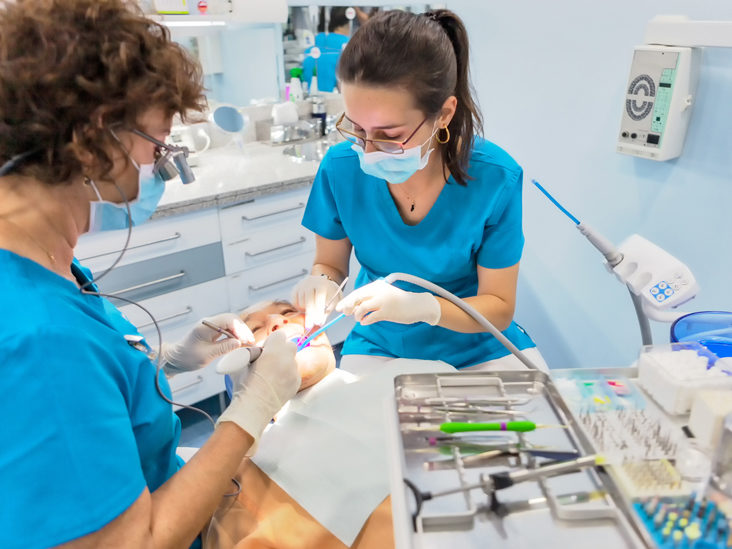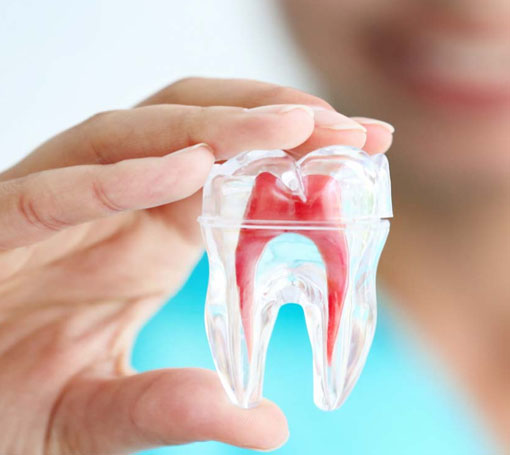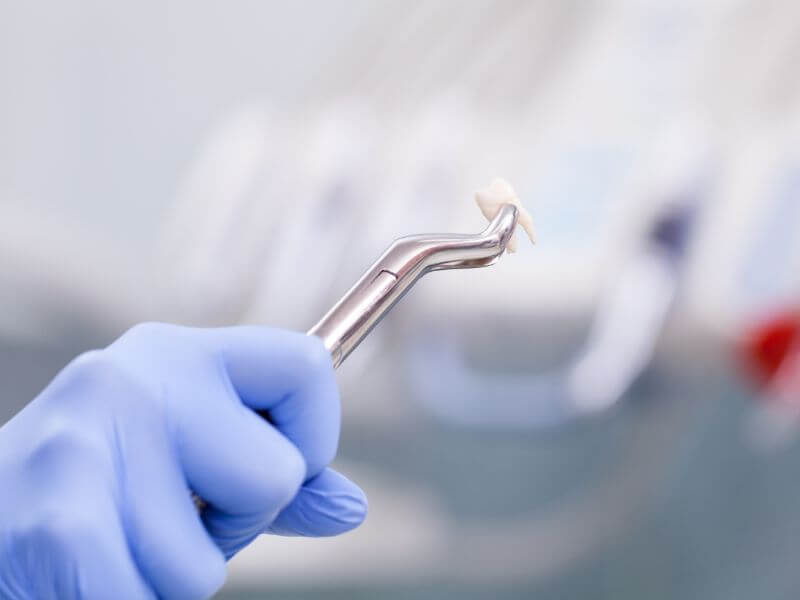A root canal is a dental procedure in which the soft center of a tooth, namely the pulp, is removed surgically. The pulp contains nerves, connective tissues, and blood vessels that together help to develop the tooth and maintain the vitality. A general dentist or an endodontist generally performs a root canal under local anesthesia.

When Is a Root Canal Required?
Root canals are usually performed when the pulp is severely damaged or infected and can lead to tooth loss if untreated. As a rule, if the tooth requires a root canal, your options are to either save the tooth with a root canal or have it extracted.
The pulp can become damaged due to the following reasons:
- Deep decay caused by an untreated cavity
- A chipped or cracked tooth
- An Injured tooth
- A tooth that has been treated with multiple procedures
If you have a damaged tooth pulp, you may experience the following symptoms:
- Pain in your tooth
- A sensation of heat or swollen gums
- Drainage at the gumline by the tooth
- Sensitivity to hot and cold
How Is a Root Canal Performed?
A root canal is performed in a dental office in steps.
Before proceeding, the dentist will apply a small amount of numbing medication on your gums near the affected tooth. After it has taken effect, local anesthesia is injected into your gums. This will help prevent you from feeling any discomfort but allow you to remain awake during the entire procedure.
Next, the dentist will drill a small hole into the tooth until the damaged pulp is exposed. Using files, the dentist will remove the damaged pulp and carefully clean and disinfect all the canals of the tooth.
After removing the pulp, a topical antibiotic is applied to the area to ensure no infection is left and to prevent reinfection. Then, using a sealer paste and filling material, the dentist will fill and seal the tooth.
The treatment will then be completed by fully restoring the tooth using a filling or a crown. Teeth that have had a root canal become very brittle once the pulp has been removed. A crown is highly recommended when performing a root canal on a posterior or back tooth due to the extreme forces that are placed on them with everyday chewing and grinding. It is wise to protect your investment when you decide to save the tooth with a root canal.
You may experience soreness or inflammation in the gums after the numbing agent wears off, this is normal. Avoid chewing on the affected area until it has healed permanently. The dentist may prescribe medication to help eliminate the infection and any discomfort you may have.
With over 30 years of experience offering exceptional dental services to our community, at Cheyenne Mountain Dental Group, we are still continuing our journey, under the leadership of Dr. Stephen Davis along with Dr. Bill Bertsch. For more details and appointments, call us at (719) 576-3276, book online, or visit us directly at 3605 Star Ranch Rd, Colorado Springs, CO 80906.




